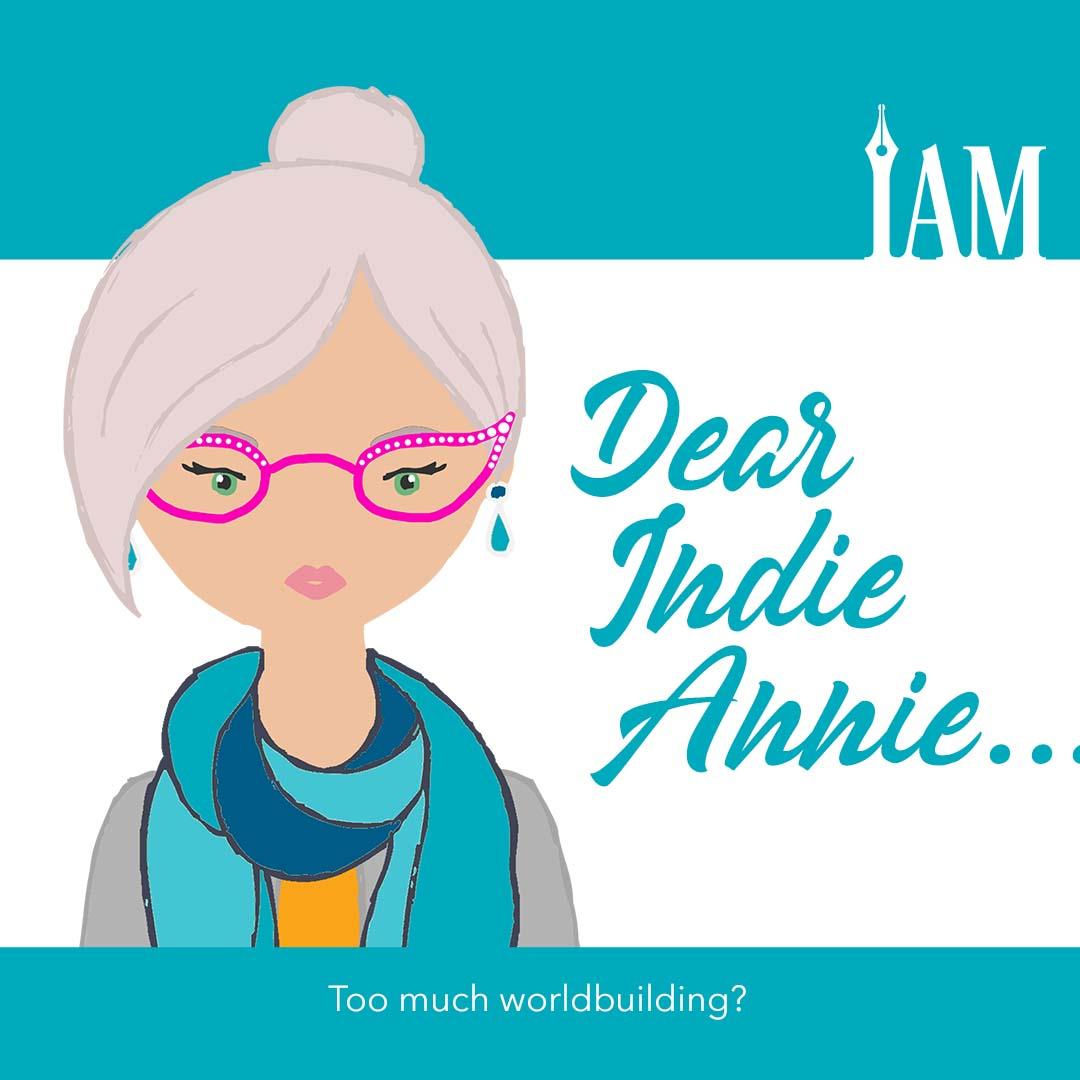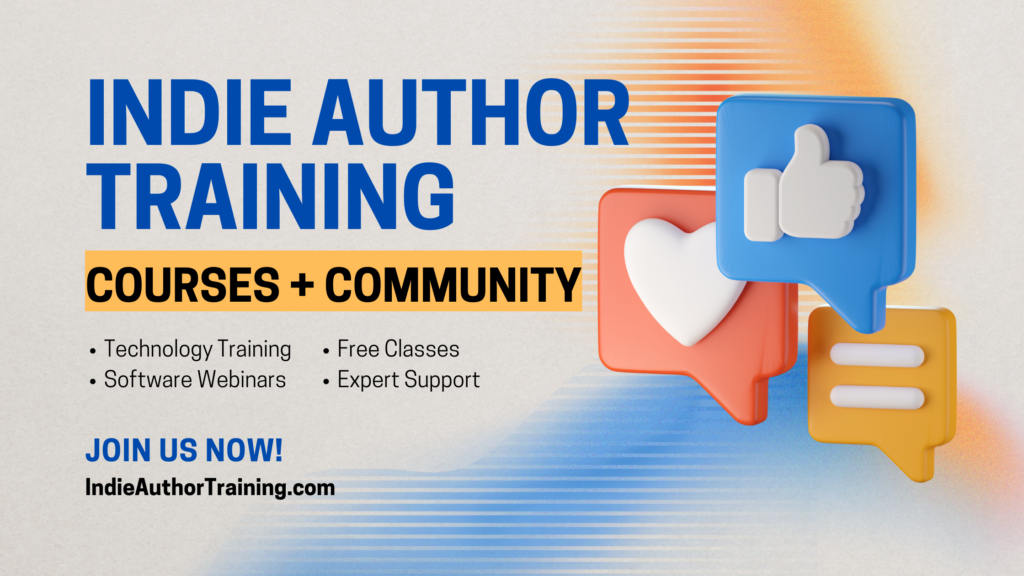I want to write a Fantasy series, and I love Tolkien’s world-building with various cultures, geographies, and even languages. But I feel like I’m getting completely bogged down in world-building and wonder if I’m making parts of my world that aren’t even important. How do I know how much world-building to do for a rich story without getting lost and not actually writing the series?
Builder in Batajnica
Dear Builder,
What a lovely problem to have.
Like many authors, I love those initial stages when you are mapping out a new series and you give yourself permission to explore the landscape that your fresh, shiny new characters are going to inhabit. This discovery phase is so important. If you want to create a believable world filled with relatable characters, even if those characters are part of a vampiric subspecies with iridescent skin, it is an activity worth taking time over.
We all know there are only a handful of plotlines in reality. These same stories—boy meets girl, the hero’s journey, etc.—have been passed down since the beginning of time. Every book ever written plays with and twists these tropes into something new and fresh. Often, that is achieved through placing the story in a new world. Star Wars is the classic western-style tale of good versus evil set in space; West Side Story is a refashioning of Romeo and Juliet, and so on.
So setting is key. It impacts your characters and influences their actions. Star-crossed lovers in fourteenth-century Verona have the same passions and desires as 1950s Manhattan. However, Romeo and Juliet are at odds with their families; Tony and Maria, with their ethnic communities. The historical period matters as well, and both parties are impacted by the economic, political, and even racial attitudes of their time.
But Shakespeare and Bernstein/Sondheim/Laurents had the advantage of setting their stories in a historical place and time they either lived in or could research. If you are creating a fantasy world, you have to create a multilayered universe that establishes a world as rich and multifaceted as our own.
How long you should take to create this world is dependent on several factors:
- Do you have a deadline for publication?
- Are you writing a stand-alone book, a trilogy, or a series?
- Do you plan to write one or more spin-off series?
- Do you want to make any money from this venture?
The first three factors, dear Builder, I believe are self-explanatory. If you have a deadline, then you need to decide how much time you need in advance to pace yourself toward that deadline. How long do you need to edit and format? How long will it take to produce your first draft? If you know these things, then work backward from the deadline. What’s left between now and the total number of weeks before the deadline countdown begins is how long you have to explore your world.
Nothing focuses your mind like a deadline.
Yes, some things you discover will be surplus to requirements, but giving yourself a deadline means that at least you will stop diving down rabbit holes and start writing sooner. Those micro-details may be useful to know later on, but you may also find that you have to create some information on the spot because, despite all your planning, you forgot to decide whether, in your world, coffee is made from java beans or some strange new concoction made with blue bat droppings.
The same rationale applies if you are planning a trilogy or series, including any spin-offs. You need to start writing at some point. So set a deadline and begin. The only difference between a stand-alone novel and a trilogy or series is that with a longer run, you will have more opportunities to use some of the details you worked on in the discovery phase. Be sure to give yourself time to enjoy the world-building phase but establish an end date because I would argue, dear friend, that the most important factor lies in your answer to my last question above.
If you want to make money, you will have to hit publish.
Now, of course, if you have created a vivid world that captures your readers’ imaginations, like George Lucas, you can turn that world into a myriad of profitable spin-offs and merchandising opportunities. From the original idea in 1973, Lucas capitalized on a dream that has fed him well since Star Wars hit our screens in 1977. Bear in mind, though, that four years were spent in production, and the initial world-building took a fraction of that time.
My advice, dearest, darling Builder, is to start writing. You will soon find out if your world needs more work. Don’t just paint a landscape—populate it with actors and make them busy. Test out your world, and get it in front of readers as soon as possible.
Happy writing,
Indie Annie






